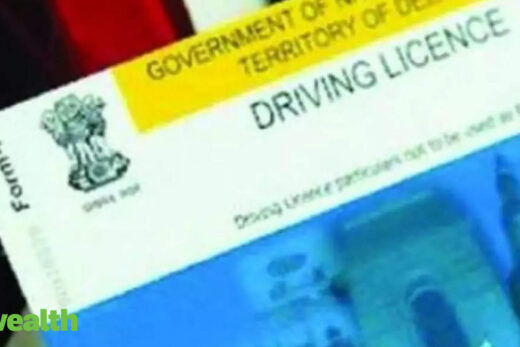The Indian Institute of Insolvency Professional of ICAI (IIIPI), which constituted a study group, has recommended greater adoption of digital modes, such as holding virtual meetings of courts and CoC (committee of creditors) and deploying AI (Artificial Intelligence), even after eventual restoration of normality due to the time-saving benefits of digital technology.
Under the aegis of Insolvency and Bankruptcy Board of India (IBBI), IIIPI regulates insolvency professionals, who play a key role in the execution of bankruptcy resolution plans. It has submitted a set of recommendations made by the study group to the ministry of corporate affairs and IBBI.
The Ministry of Corporate Affairs did not respond to ET’s mailed query.
“In addition to sprucing up the infrastructure, the NCLT should consider continuing ‘virtual courts’ even after normalcy restores,” IIIPI said in a note viewed by ET. “In virtual courts, senior officials can participate without travelling from remote offices, which helps in fast decision making and reduces pendency.”
It is necessary to learn from every crisis, which is what the said report seems to be doing on recommending best practices.
Virtual meetings during Covid restrictions, according to IIIPI’s study, resulted in quick decision making as senior officials used to participate.
“This should be continued as a ‘best practice’ even after normalcy resumes,” said the note.
Dewan Housing Finance (DHFL) is a classic case in point. The troubled non-banking finance company, for which the government amended the law to bring it under the IBC, has finally been sold. The resolution process ended successfully, albeit after multiple litigations.
The study group report by the largest body of insolvency professionals also urged the authorities to nip in the bud the menace of frivolous cases, often intended to cause delays in resolutions.
Section 60(5)(a) of IBC gives NCLT the jurisdiction to entertain and dispose of any application or proceeding by or against the corporate debtor or corporate person.
This may be amended to restrict and specify the grounds on which any applicant can approach NCLT for rectifying grievances. IBBI is urged to take up the issue on priority, said one of the recommendations in the report.
DHFL received about 40-50 cases challenging decisions by either the central bank-appointed administrator or the CoC.
“Artificial Intelligence (AI) based facilities should be used for people tracing, asset tracing and transaction tracing,” it recommended.



